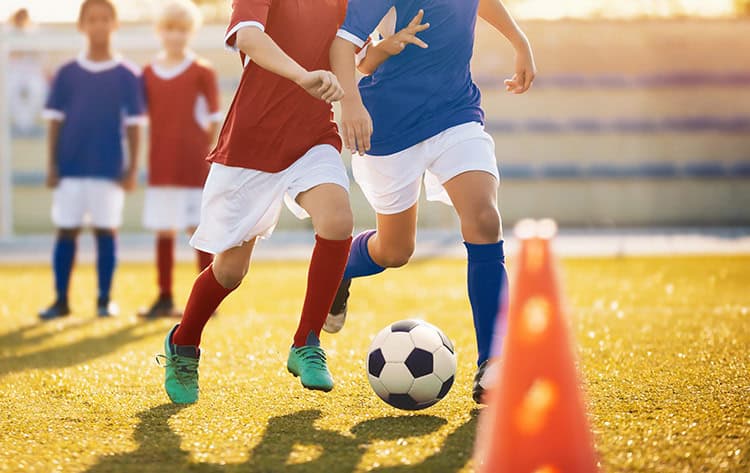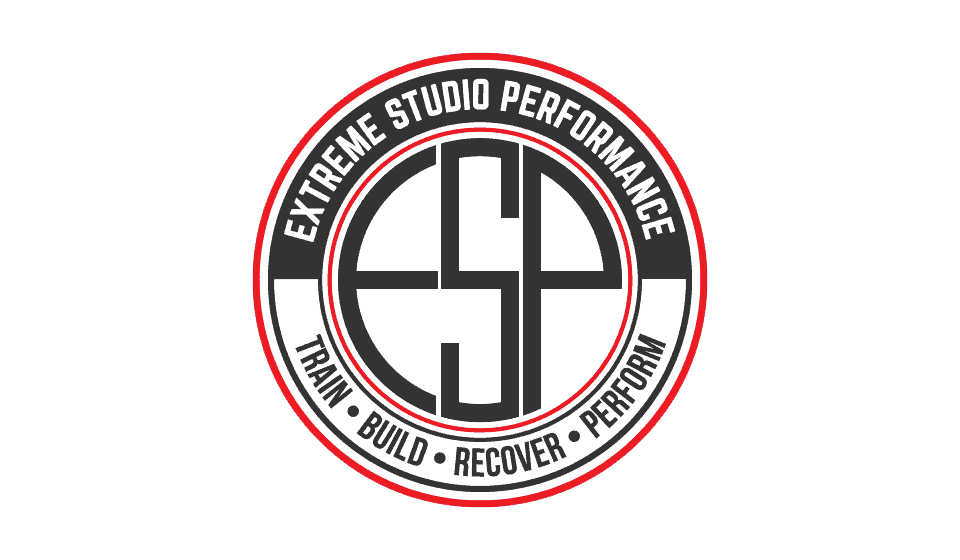
When training, it’s tempting to push harder and do more assuming that will give better results. But recovery is important too, especially for young athletes.
Overworking young athletes is counterproductive. According to a report released earlier this year, 70% of young athletes drop out of their sports by age 13. Often, that’s because there’s too much pressure and excessive training, and the sport isn’t fun anymore.
For young athletes to succeed and to enjoy their sport(s), working smart is just as important as working hard. Coaches and parents play a huge role in supporting young athletes in their recovery as well as in their training.
 Recovery Snack
Recovery Snack
Eating well and hydrating helps your body recover faster. That’s true for recovery time right after training, and in general as well. Encourage kids to stay hydrated all day, emphasizing healthy drinks without a lot of added sugars.
Kids should eat a recovery snack of healthy proteins and carbs 30 to 45 minutes after a workout or training session. Cheese and crackers, a turkey sandwich, or low-sugar granola bars are all good options.
Rest Time
Kids need time to rest between training. In addition, their sleep schedules also play a big role in recovery. Good quality, adequate sleep helps the body recover more quickly from training sessions.
School-age (6–13 years) need 9 to 12 hours of sleep every night. Teens (14–17 years) need 8 to 10 hours of sleep each night. It can be hard to get that much sleep with homework and hectic activity schedules, but it’s vital to make sure there is time for young athletes to consistently get the recommended hours of sleep.
Avoid Overtraining
The American Academy of Pediatrics (AAP) recommends one rest day each week for young athletes. They also recommend two to three months off each year from any one sport, though that doesn’t need to be consecutive months.
Kids can get burned out if they’re doing the same sports constantly year-round, year after year. Instead, encourage them to stay physically active in other ways. That might mean taking up a different sport during the off-season or picking another physical activity that isn’t directly sports-related. Parents can even invite their teens to join them for their own workouts.
Work With Us
Extreme Studio Performance is here to support young athletes, coaches, and parents. In our philosophy, recovery includes (but isn’t limited to) stretching, mobility exercises, anti-inflammatory methods of strength training, breathing exercises, yoga, compression therapy, meditation, nutrition, sleep, and stress management.
We have two indoor fields—a full soccer pitch (121×55 ft; 6655 sq. ft.) and a soft training field (84×54; 4536 sq. ft.)—that provide plenty of space for soccer, football, field hockey, and lacrosse teams. Parents often work out in the gym while their kids are training with their coaches and teams. Contact us today to set up a free consultation, assessment, and functional movement screening for you and your young athlete.
